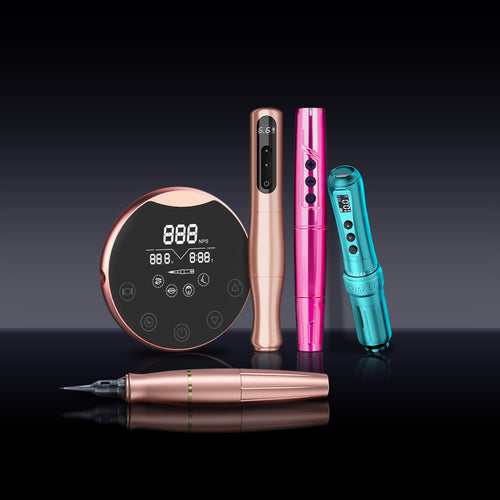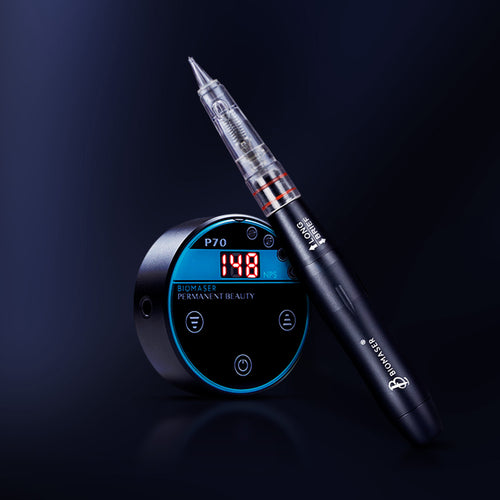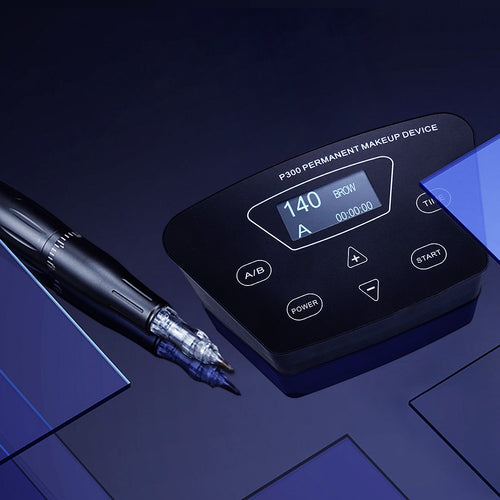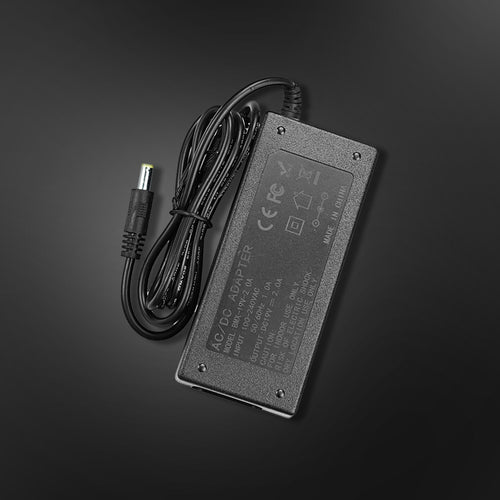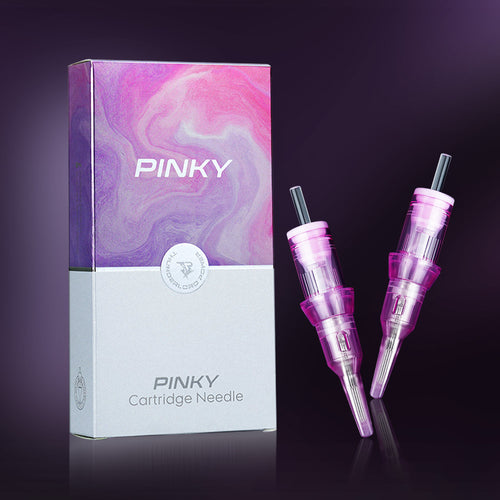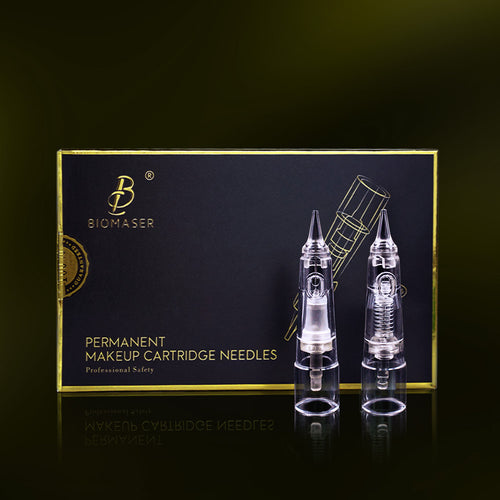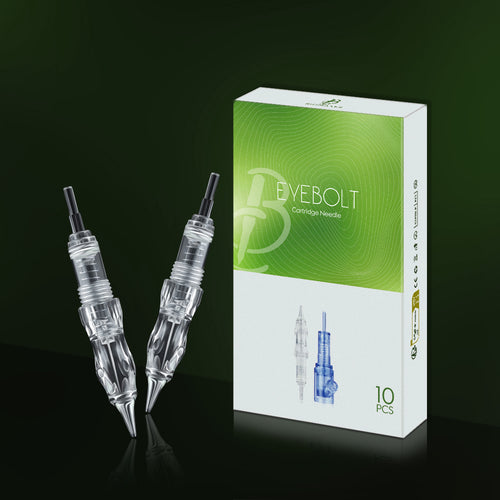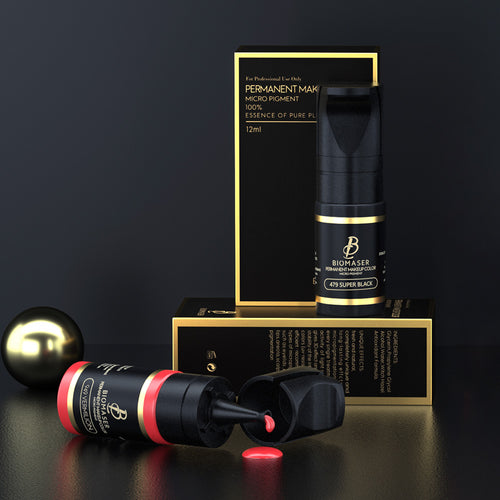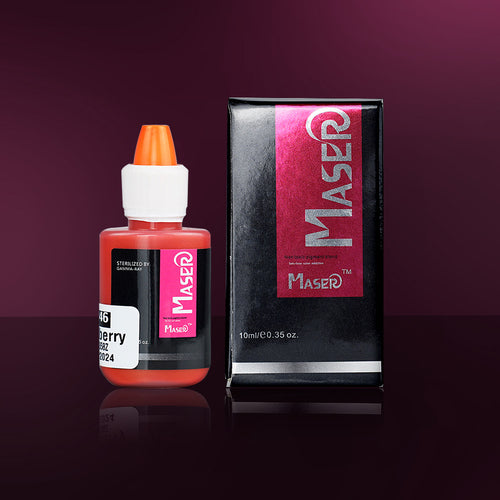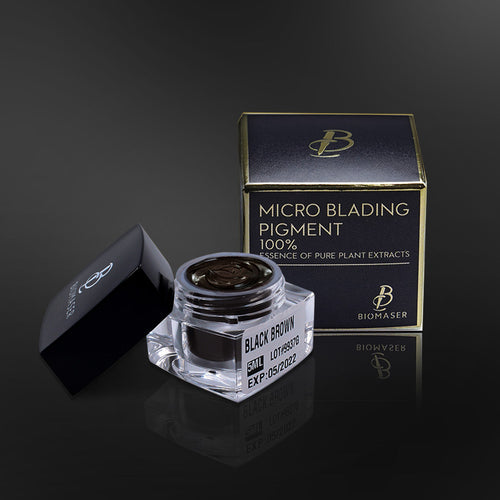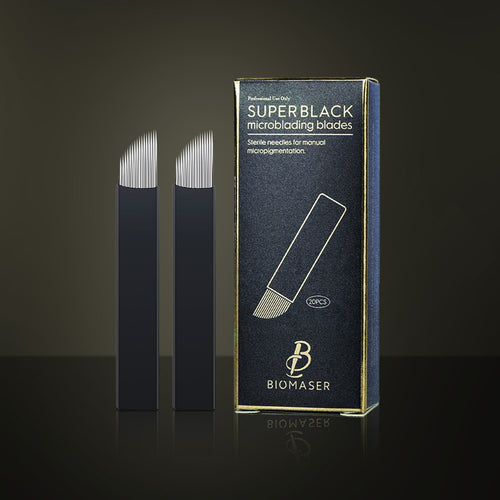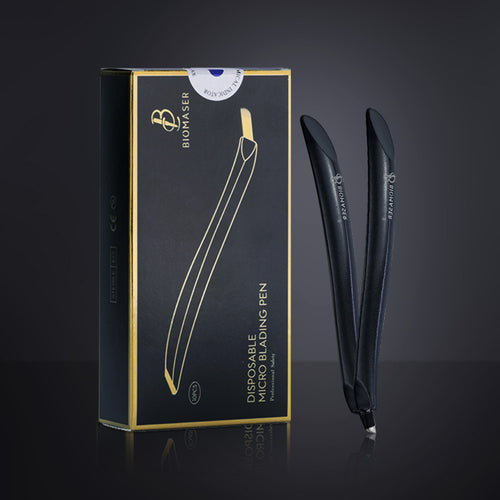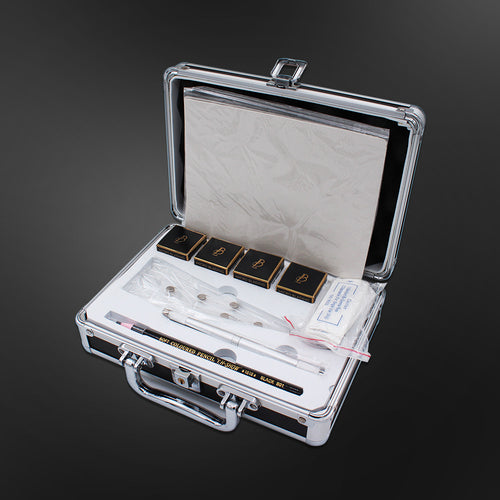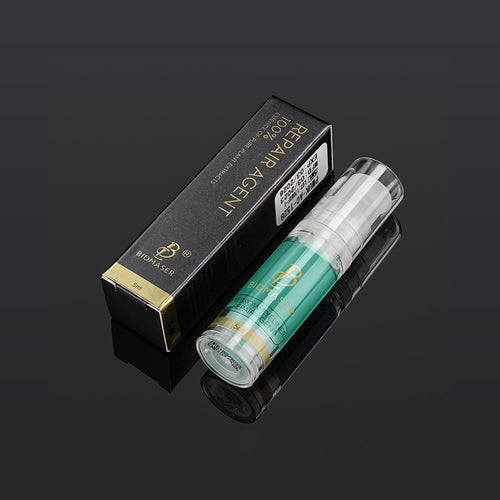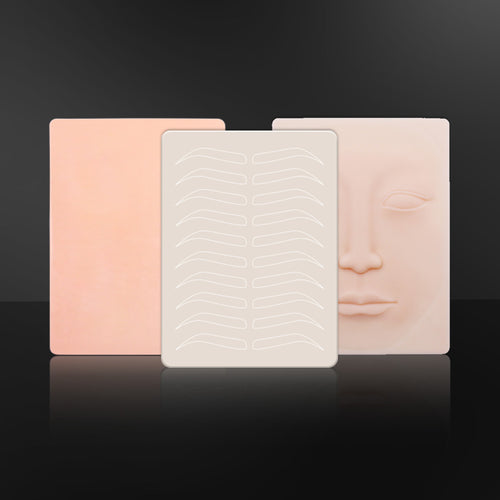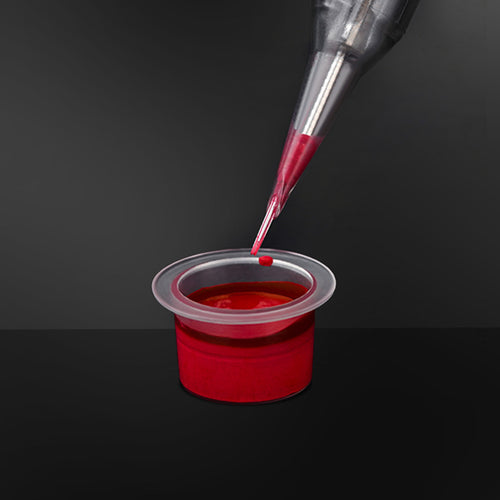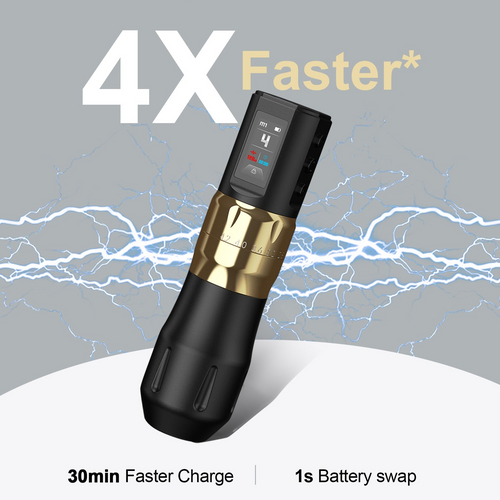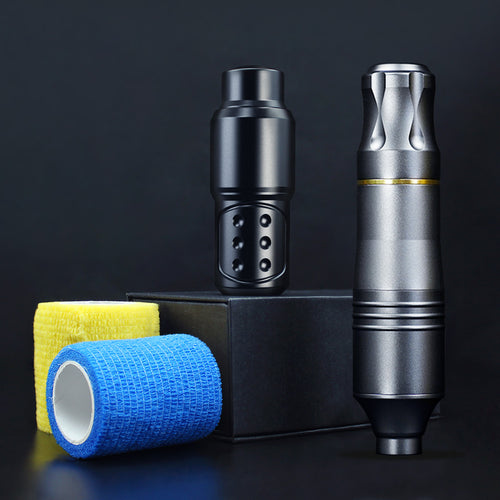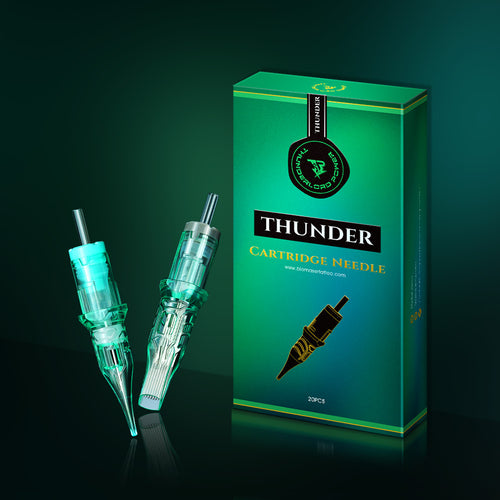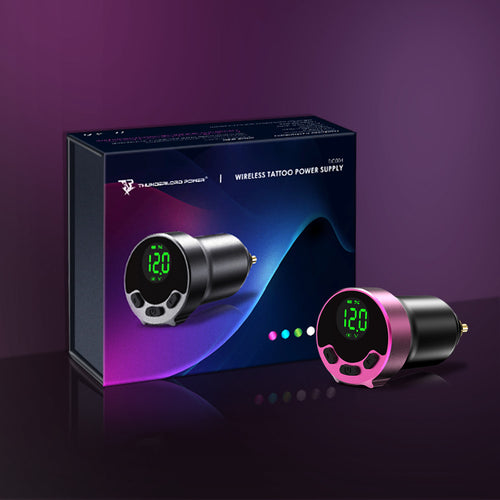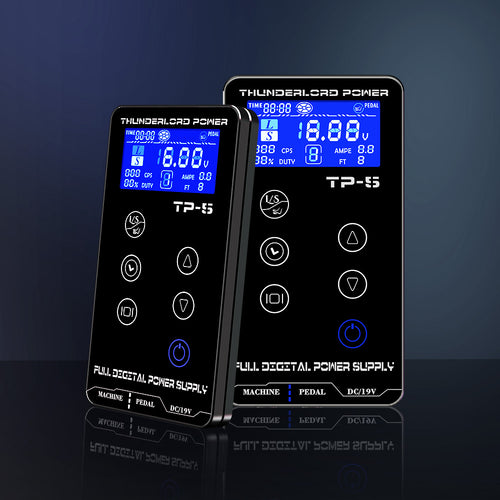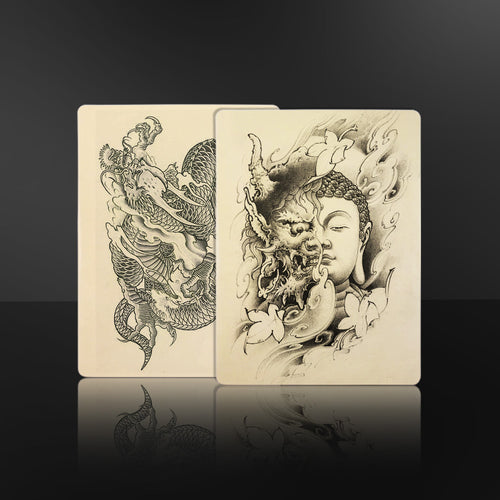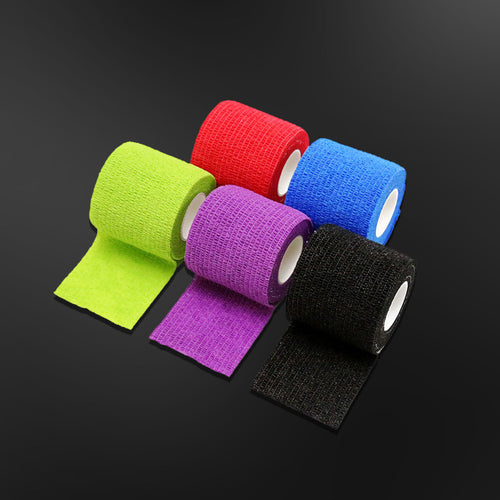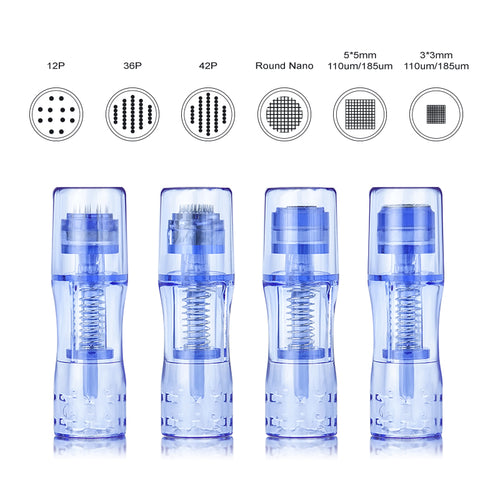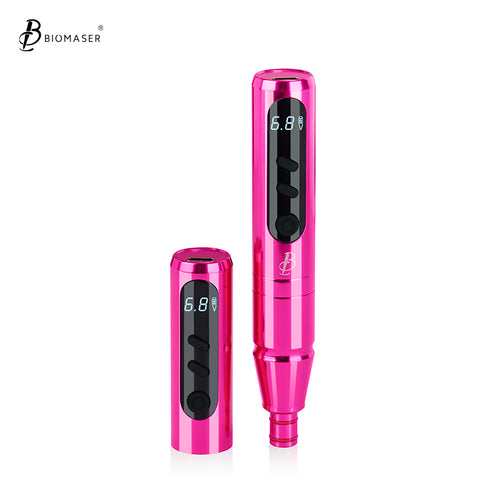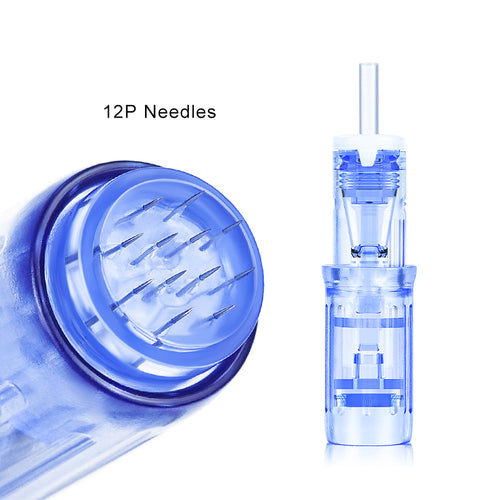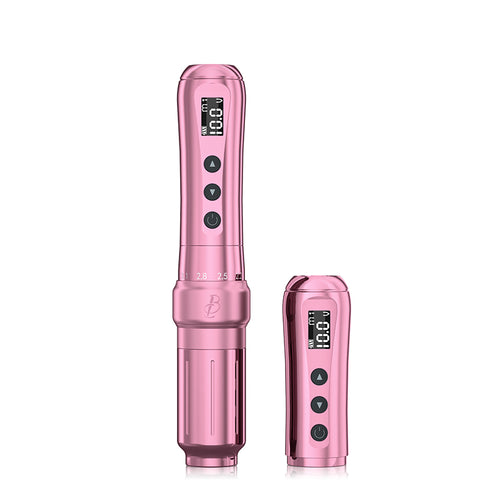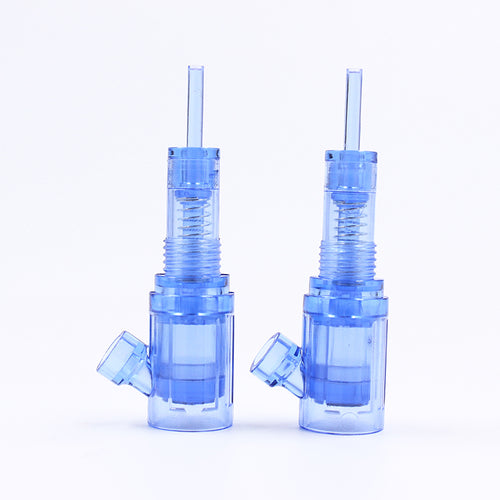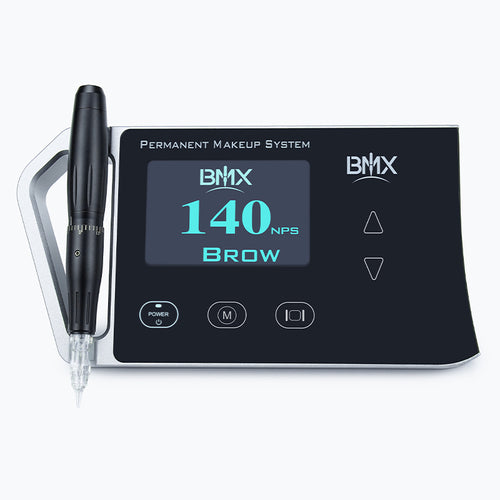How to Identify and Treat Allergic To Tattoo Ink?
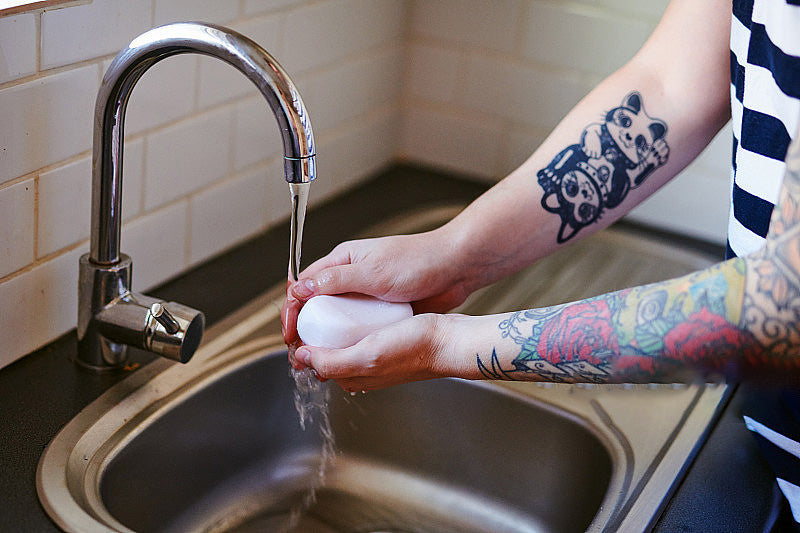
Getting a new tattoo is an exciting and happy moment, but what if your skin starts to react badly with redness and itching? It's not something most people think about, but allergies to tattoo ink are a real concern. This article is essential reading for anyone who loves tattoos or is thinking about getting one. We'll explain how to spot an allergic reaction to tattoo ink and what you can do about it. Covering everything from the early warning signs to managing a reaction, we'll provide you with the knowledge and tips to keep your tattoo as smooth as your skin was before the ink.
What Causes Tattoo Ink Allergies?

When you get a tattoo, do not just care about the design; it's also about how your body interacts with the ink. Understanding what's behind these reactions is the first step in staying safe.
What Ingredients in Tattoo Ink Can Cause Reactions
Tattoo inks are made from various compounds and elements that add color and longevity to your design. Yet, some of these ingredients can be allergens. Metals like nickel or chromium are common triggers found, especially in certain colored inks. In black inks, carbon-based pigments are generally safer, but even these can sometimes cause reactions in sensitive individuals.
Immediate vs. Delayed Reactions
Allergic reactions to tattoos can come on quickly or develop over time. Some people notice signs right after getting inked-a rapid response known as an immediate reaction. Others might see symptoms days or even weeks later; this is called a delayed hypersensitivity reaction.
Different Types of Skin Reactions
The skin can react in several ways to tattoo ink. The most common is contact dermatitis, which causes redness and itching. More severe responses can occur, too, although they're rare. For some, the skin may become raised and bumpy, possibly leading to more systemic health issues if not addressed promptly.
Symptoms
Mild Symptoms to Watch For
The telltale signs of a mild reaction include:
- Redness around the tattoo
- Itching that doesn't go away
- A rash or bumps on the tattooed skin
- Swelling or tenderness in the area
These symptoms can be uncomfortable, but they usually can be managed at home with proper care.
When Symptoms Are Serious
Occasionally, symptoms can escalate to more concerning levels. If you experience any of the following, it's important to seek medical attention:
- Fever or chills, suggesting a possible infection
- Blistering or peeling skin, which can lead to scarring
- Breathing difficulties, which, while rare, could indicate a severe allergic response known as anaphylaxis
Your Risk Factors
Some factors can increase your chances of having an allergic reaction to tattoo ink.
- The Role of Pre-existing Skin Conditions
If you have a skin condition like eczema or psoriasis, your skin is already more sensitive. This means you might be more likely to react to the ink used in tattoos.
- Personal and Family Allergy History
Just as with other allergies, if you or your family members have a history of allergic reactions, your risk of reacting to tattoo ink might be higher. Knowing your allergy history can guide your choices before getting inked.
Safeguarding Your Skin: Prevention Tips
Before you even start designing your dream tattoo, it's wise to consider the steps you can take to minimize the risk of an allergic reaction. Here's how you can protect yourself.
Consulting With Experts
- Chat with a Dermatologist: If you have skin sensitivities or a history of allergies, a quick visit to a dermatologist could save you a lot of trouble down the line. They can offer personalized advice on whether you should proceed with a tattoo and how to go about it safely.
- Discuss Allergies with Your Tattoo Artist: Open communication with your tattoo artist is crucial. Let them know about any skin conditions or allergies you have. An experienced artist will understand the importance of this information and can help you select safer ink options.
The Importance of Patch Testing
- How It Works: A patch test involves placing a small amount of ink on your skin in a discreet area and waiting to see if there's a reaction. This simple process can be a game-changer, revealing how your body will react to the ink before you commit to a full design.
- Putting It into Practice: Before getting that large, intricate tattoo, conduct a patch test. A responsible tattoo artist can help administer this test, ensuring it's done correctly.
Choosing the Right Ink
- Hypoallergenic Options: Nowadays, there are various hypoallergenic inks . These inks are formulated to minimize the risk of allergic reactions and can be a safe bet for people with sensitive skin.
- Do Your Research: Don't just walk into any tattoo studio-do your homework first. Look for studios known for their hygiene and professionalism, and check if they use high-quality inks. Reviews and recommendations can guide you to reputable places that prioritize customer safety.
What to Do If You Have a Reaction
Despite taking all the right precautions, sometimes allergic reactions still happen. Knowing how to respond can make all the difference in your comfort and the outcome of your tattoo.
First Aid for Mild Reactions
- Keep It Clean: If you notice mild symptoms like itching or redness, start by gently washing the area with mild soap and lukewarm water. This can remove any surface irritants and prevent infection.
- Over-the-Counter Solutions: Applying over-the-counter hydrocortisone cream can alleviate inflammation and itching. For swelling or more significant discomfort, antihistamines might provide relief. Remember to read the labels and follow dosage instructions carefully.
When to Get Help
When Symptoms Escalate
If your symptoms worsen-especially if you experience fever, chills, or severe swelling-it's time to seek professional medical help.
Anaphylaxis: A Rare but Serious Concern
Difficulty breathing or a feeling of tightness in the throat are indicators of a severe and potentially life-threatening condition called anaphylaxis. This requires immediate emergency medical care.
Medical Treatment and Long-Term Care
- Prescription Medications: Sometimes, a doctor may prescribe stronger creams or ointments to reduce inflammation. If your reaction is severe, oral medications like steroids might be necessary.
- Keep an Eye on Your Tattoo: After experiencing an allergic reaction, it's important to watch the tattooed area for any changes. If symptoms persist or worsen, follow up with your healthcare provider.
- Considering Tattoo Removal: In rare cases where allergic reactions don't resolve, or if the reaction is chronic, tattoo removal may be considered as a last resort.
Keeping the Ink Safe: Tattoo Aftercare

- Cleanliness: After getting a tattoo, it's important to keep it clean to prevent infection. Gently wash your tattoo with fragrance-free soap and pat it dry with a clean towel.
- Moisturize Mindfully: Apply a mild, unscented moisturizer to keep the skin hydrated. This helps in healing and may reduce the itchiness that sometimes comes with a new tattoo.
- Shield from UV Rays: Fresh tattoos are vulnerable to sunlight, which can not only cause damage and fade the ink but also potentially trigger an allergic reaction. Keep your tattoo covered, or use a strong SPF sunscreen designed for sensitive skin when going outdoors.
- Skincare Routine Tweaks: If you've had a reaction or have sensitive skin, you might need to adjust your regular skincare routine. This could mean switching to hypoallergenic products or those made for sensitive skin to avoid further irritation.
- Regular Skin Check-Ups: Especially if you're prone to allergies or reactions, regular visits to a dermatologist can help you manage your skin's health better and catch any issues early on.
Concluding Thoughts
Let's summarize the key points we've discussed. Understanding and recognizing the potential for allergic reactions is crucial, as well as knowing what steps should be taken should they occur. We've covered everything from identifying symptoms of an allergic reaction to implementing preventive measures and managing aftercare.
It's important to remember that while tattoo ink allergies are relatively uncommon, being informed and prepared can significantly mitigate risks. With the right knowledge, you can confidently enjoy the process of getting and caring for a tattoo, even if you have sensitive skin or a predisposition to allergies.
